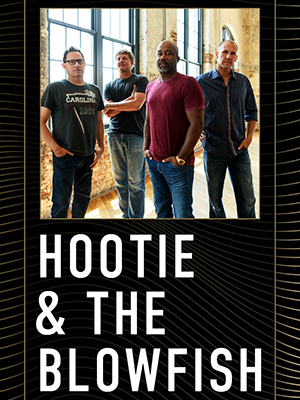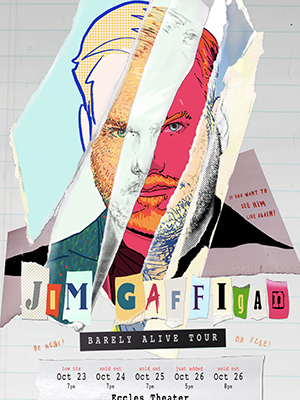Five questions to ask yourself if you think you might have a social media addiction
By jtilton on October 29, 2020
As the state of Utah sees record numbers in COVID-19 cases, many families are staying inside as much as possible — which has in turn led to an increase in social media addiction.
According to a recent survey, over 72% of social media users admitted to increasing their usage during the pandemic. Coupled with its effects on our mental health, it might be time to take a step back and ask yourself if you have a social media addiction.
The dangers of social media addiction
Researchers are learning more and more about social media’s effects on our mental health every day. Research has even shown that those who used social media every day were almost 3 times as likely to suffer from depression among young adults.
It’s hard to explain whether or not there is a direct correlation between social media addiction and depression. There are multiple factors to consider when looking into how social media can impact our mental health.
- Self-esteem issues – As we scroll through the never-ending timelines and feeds of social media, we are constantly analyzing the best of those we follow. This can not only be time-consuming but it can also have a negative impact on our self-esteem. We begin to compare ourselves to people we might not even know. This can in turn lead to a negative image of ourselves or being frustrated because we aren’t more like the person we see.
- Cyberbullying – If you have spent any time recently on social media, it won’t take long for you to realize the impact of cyberbullying. Hurtful and rude comments flood every platform from Facebook to Instagram, as well as to Twitter. A virtual wall divides those commenting their opinions, which can provide an opportunity for bullies to be completely anonymous. This has led to an increase in hateful and racist speech and leaves many users feeling attacked and discouraged.
- Depression and anxiety – The constant flood of information can sometimes be too much to handle emotionally. Seeing the best version of other’s lives while you are struggling to cope with issues in your own life can cause many to dive deeper into a state of sadness and depression.
Five questions to ask yourself if you think you have a social media addiction
If you think you might be spending too much time online ask yourself whether these apply to you or not. If so, it might be time to take a step back.
- Are you spending longer than thirty minutes a day on social media?
- Do you check your phone immediately when you wake up and go to bed?
- Do you obsess over getting likes and comments?
- Have you spent a significant amount of time checking your feeds while at work or at school?
- Are you constantly picking up your phone to see the latest posts?
How to cut back on your social media use
If after asking yourselves the questions above, you think you might have a social media addiction — don’t worry. There are ways to help cut back on your usage and it’s a lot easier than you might think. Here are a couple of ideas to help cut out social media from your life.
Take a day off – It’s as simple as it seems. Just take a day off. Turn your phone notifications on silent and put it away from where you can see it. That way it’s not constantly in the back of your mind as you go about your day.
Give yourself an allotted amount of time – If you think you can’t cut back exclusively, give yourself an amount of time throughout the day that you can use it. That way you can limit your usage and can give yourself an opportunity to open up your day to more opportunities to enjoy life outside of social media.
Pick up a hobby – If you find that it’s hard to just cut your ties with social media completely, consider finding an alternative way to spend your time. Whether it’s reading a book, drawing, going to the gym, running, or volunteering your time, there are countless ways to spend your time that might promote better mental well-being.
To learn more about addiction listen to the Project Recovery podcast
For more information on opioid prevention or if you or someone you know is struggling, you can find more information on Facebook, KSL TV, or from Use Only as Directed. To hear more from Casey Scott and Dr. Matt Woolley, you can listen below or subscribe to the ‘Project Recovery’ podcast on Apple Podcasts or wherever you get major podcasts.








